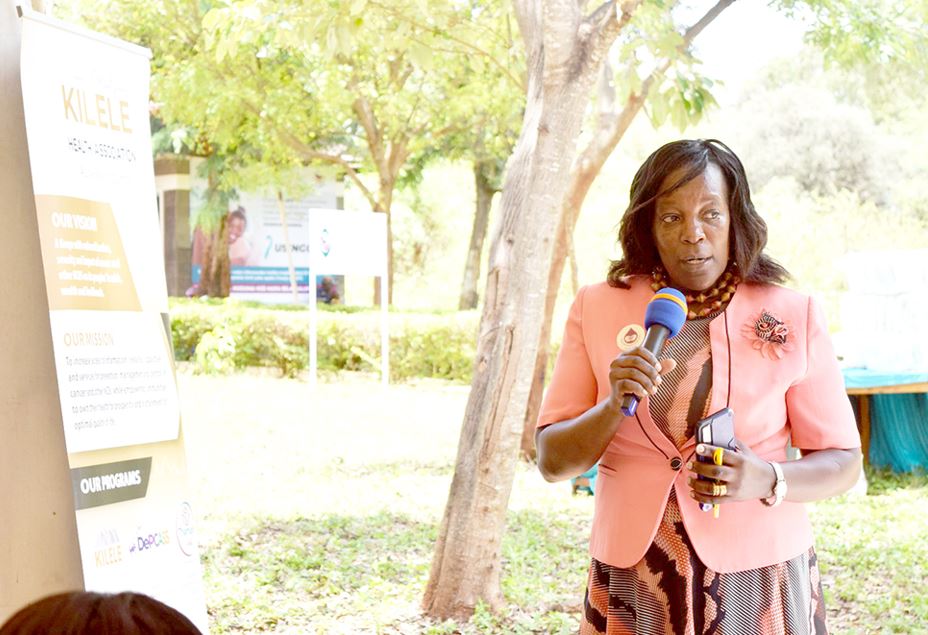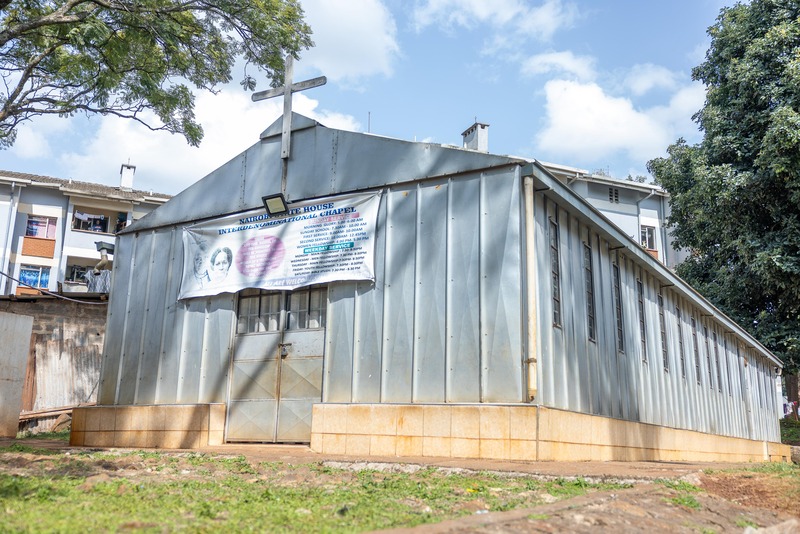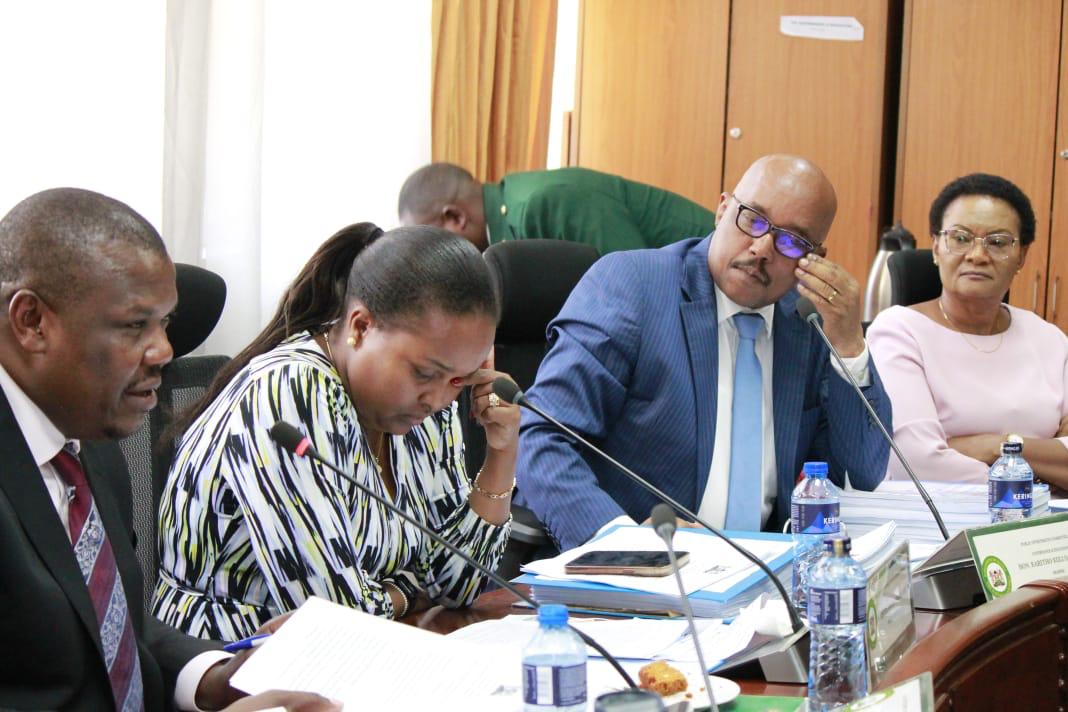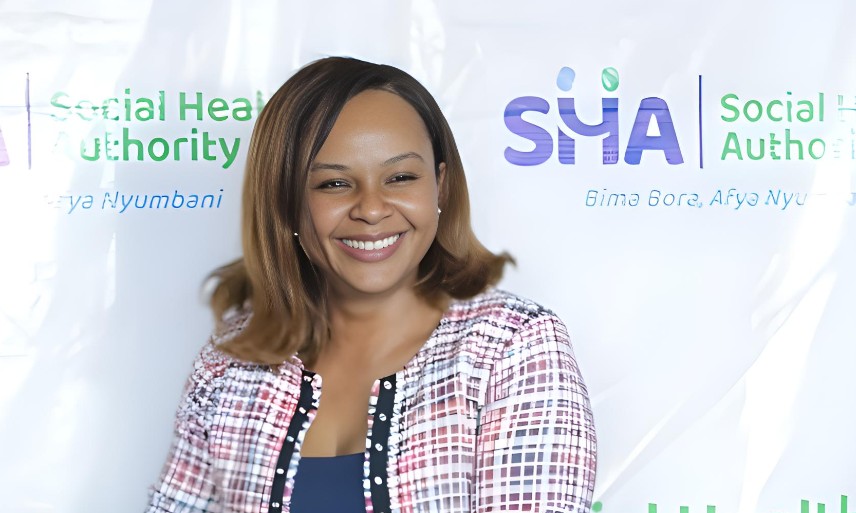Why counselling is crucial in enhancing uptake of cervical cancer screening

Misconceptions about the procedure and tales of discomfort and pain have made many hesitate to seek professional advice.
Winnie* vividly recalls the day she attended a medical camp at a school, intending to undergo a cervical cancer screening. As she waited in line, a piercing scream shattered the calm atmosphere. Suddenly, a surge of anxiety and fear gripped her.
“The scream caught me off guard. I was already nervous about the procedure, and it made me reconsider getting screened altogether,” she said.
More To Read
- One in six cancer drugs in Kenya, Ethiopia found to be substandard
- Uganda unveils herbal remedies for cancer care, eyes clinical trials
- Left to suffer: A woman’s unrelenting battle with cancer, stigma
- From misdiagnosis to mission: Breast cancer survivor turns pain into purpose with hand-knit prostheses
- Cancer patients left in limbo as KNH radiotherapy machine breaks down
- WHO warns of rising premature deaths from chronic diseases in global health wake-up call
The camp, organised to educate and offer screenings for cervical and breast cancers, aimed to empower women around the community and schoolgirls who were over 18 with health choices.
Reflecting on the unsettling incident, Winnie chose to opt for a breast cancer screening instead, haunted by the distress she witnessed. Her decision to postpone cervical screening was a result of the emotional impact she experienced that day, which left her apprehensive about any future gynaecological visits.
“I’ve heard stories that make it sound scary. Until I’m ready for motherhood, I think I'll avoid seeing a gynaecologist,” she told The Eastleigh Voice.
Negative perceptions and misconceptions about the screening process often prevent women like Winnie from seeking help, despite knowing that early screening is crucial for the control and management of cervical cancer. These misconceptions about the procedure and tales of discomfort and pain have led many to hesitate without seeking professional advice.
Pap test or pap smear is one procedure that is used for screening cervical cancer. A Pap smear may also help find other conditions, such as infections or inflammation, according to the Centres for Disease Control and Prevention.
Women aged between 21 and 65 should receive a Pap smear every three years. Those aged between 30-65 should receive a Pap smear together with HPV testing every five years.
Rita Njiru, a maternal health specialist and project officer at Kilele Health Association, said emotional preparation and the dispelling of myths are crucial in encouraging acceptance of screening.
"For us, it boils down to the provider. our clients seldom voice concerns because we prioritise thorough counselling right from the start. We ensure clarity by explaining every step, demonstrating the use of a speculum, and helping patients visualise the cervical examination. By the time the procedure begins, most feel significantly more comfortable," she said.
 receive a Pap smear together with HPV testing every five years.Rita Njiru, a maternal health specialist and project officer at Kilele Health Association. (Photo: Kilele Health Association)
receive a Pap smear together with HPV testing every five years.Rita Njiru, a maternal health specialist and project officer at Kilele Health Association. (Photo: Kilele Health Association)
Embu outreach
Rita acknowledged that without proper education and awareness, scepticism can prevail. However, with adequate counselling and clear expectations, patients become more receptive. This shift was particularly evident during their outreach in Embu.
"Initially, the community was fearful and hesitant, concerned about the discomfort of exposure to strangers, even if they weren't pregnant. But as we educated them, their apprehensions eased, and they started attending screenings regularly," she said.
While Pap smears are typically recommended for women over 33, Kilele extends this to women as young as 25, with increasing numbers of older women, including those over 50, seeking screenings.
Addressing concerns about speculum sizes, Rita said they use equipment that fits each woman's anatomy for comfort and effectiveness.
"Improper sizing can lead to discomfort, especially if the patient isn't adequately prepared. By explaining the process clearly and managing expectations, we foster a respectful and comfortable environment for patients."
Rita stressed that the challenge lies not in technology but in effectively managing the screening process. She said professional administration of Pap smears is essential due to the inaccuracies associated with self-testing.
"Younger women are increasingly participating, thanks to our robust education efforts. We've emphasised HPV education, resulting in greater acceptance and consent for the vaccine."
In schools in Embu and Isiolo, parents are increasingly permitting HPV vaccination, with Kilele having exceeded its vaccination goals in Embu by 12 per cent, demonstrating the positive impact of community education and outreach initiatives.
Mortality rate
Cervical cancer is the fourth most common cancer among women globally and ranks as the second most prevalent cancer in Kenya after breast cancer. Despite this, it is the leading cause of cancer-related deaths in the country, with around 5,200 fatalities each year, translating to roughly nine deaths per day among Kenyan women.
 Cervical cancer is the fourth most common cancer among women, claiming an estimated 350,000 lives globally in 2022. (Photo: Shutterstock)
Cervical cancer is the fourth most common cancer among women, claiming an estimated 350,000 lives globally in 2022. (Photo: Shutterstock)
According to the Ministry of Health, cancer is the leading cause of mortality in Kenya, accounting for about 7 per cent of all deaths nationwide.
The ministry has observed that screening uptake remains low, with national surveys indicating that only 16-18 per cent of eligible women aged 25-49 have ever been screened for cervical cancer, despite 75 per cent being aware of the need for screening.
The World Health Organisation notes that 30-50 per cent of cancers can be prevented and their impact reduced through early detection.
A WHO report indicates that globally, cervical cancer ranks as the fourth most common cancer among women, with approximately 660,000 new cases reported in 2022. That year, about 94 per cent of the 350,000 cervical cancer deaths occurred in low- and middle-income countries.
The highest rates of cervical cancer incidence and mortality are found in sub-Saharan Africa, Central America, and South-East Asia. These regional disparities are linked to inequalities in access to vaccination, screening, and treatment services, as well as risk factors like HIV prevalence and social and economic issues such as gender bias and poverty. Cervical cancer also disproportionately impacts younger women, with 20 per cent of children losing their mothers to cervical cancer.
Human papillomavirus (HPV) is a common sexually transmitted infection that often clears up on its own. However, persistent high-risk HPV infections can lead to cervical cancer, responsible for 95 per cent of cases. It typically takes 15-20 years for HPV-related abnormal cells to turn cancerous, but this can be faster in women with weakened immune systems. Risk factors for cancer progression include the HPV type, immune health, other infections, number of births, age at first pregnancy, hormonal contraceptive use, and smoking.
Enhancing public awareness, improving access to information, and expanding services are crucial for preventing and controlling HPV-related cancers throughout life.
Vaccinating children aged 9-14 is a highly effective method for preventing HPV infections, cervical cancer, and other cancers related to HPV.
Starting screening at age 30 (or 25 for women living with HIV) helps detect cervical disease early, and timely treatment can prevent the development of cervical cancer.
For individuals with symptoms or concerns at any age, early detection followed by prompt, quality treatment can effectively cure cervical cancer.
Top Stories Today














































